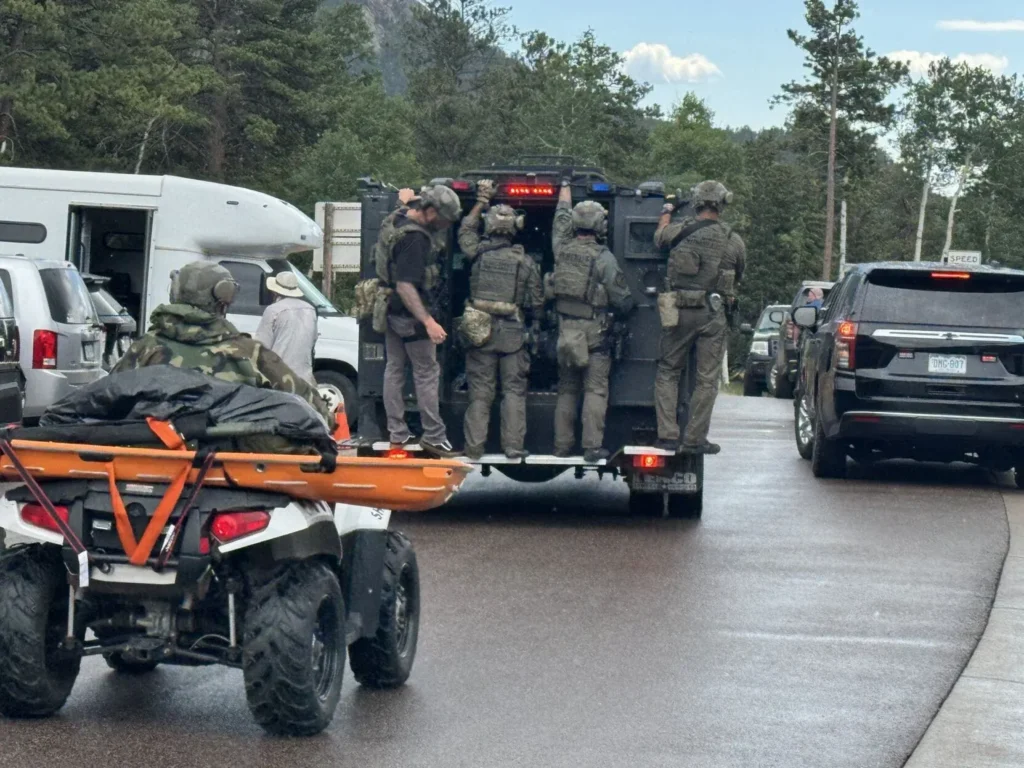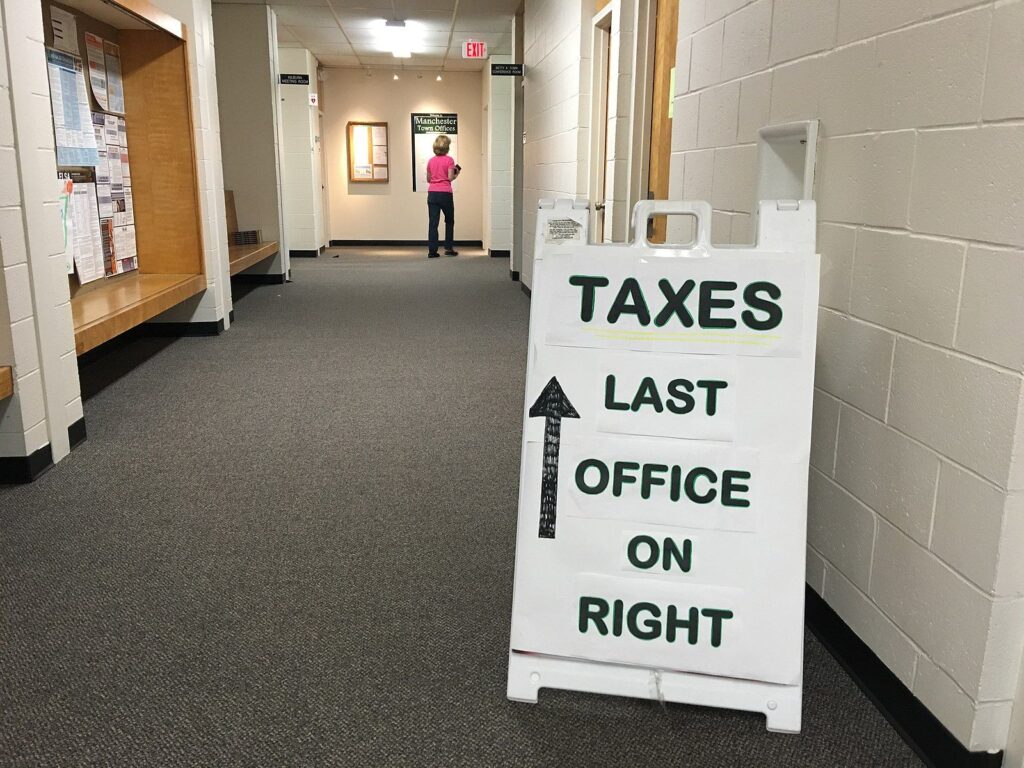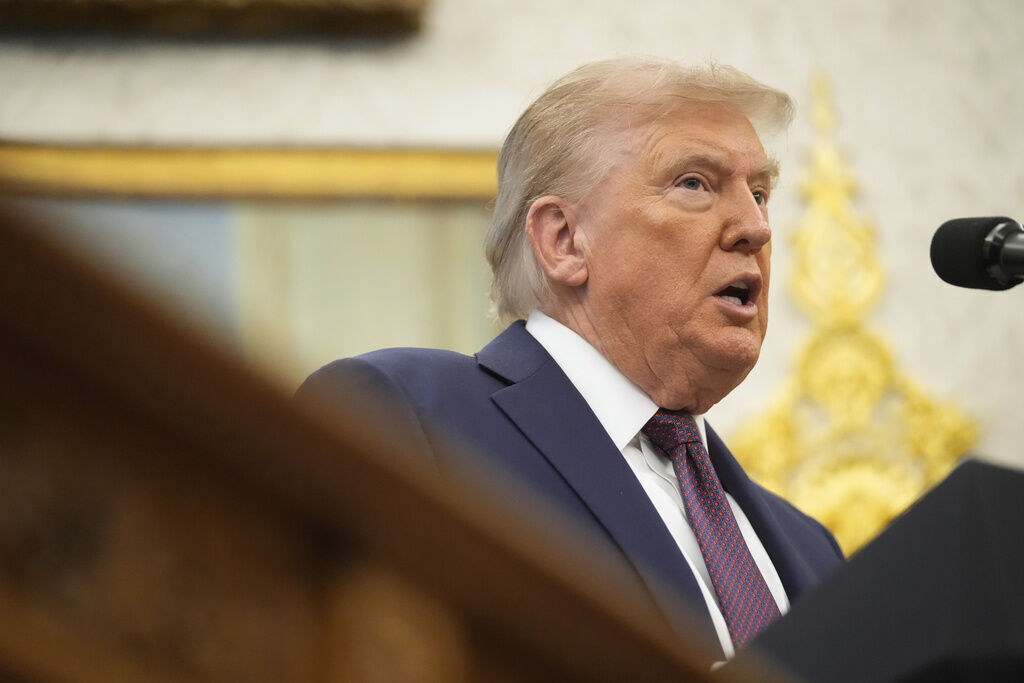Trump indicted again on 2020 election charges, Neguse pushes firefighter pay bill | WHAT YOU NEED TO KNOW
Today is Aug. 15, 2023, and here’s what you need to know:
Donald Trump and 18 allies were indicted in Georgia on Monday over their efforts to overturn his 2020 election loss in the state, with prosecutors using a statute normally associated with mobsters to accuse the former president, lawyers and other aides of a “criminal enterprise” to keep him in power.
The nearly 100-page indictment details dozens of acts by Trump or his allies to undo his defeat, including beseeching Georgia’s Republican secretary of state to find enough votes for him to win the battleground state; harassing a state election worker who faced false claims of fraud; and attempting to persuade Georgia lawmakers to ignore the will of voters and appoint a new slate of electoral college electors favorable to Trump.
In one particularly brazen episode, it also outlines a plot involving one of his lawyers to tamper with voting machines in a rural Georgia county and steal data from a voting machine company.
“The indictment alleges that rather than abide by Georgia’s legal process for election challenges, the defendants engaged in a criminal racketeering enterprise to overturn Georgia’s presidential election result,” Fulton County District Attorney Fani Willis, whose office brought the case, said at a late-night news conference.
U.S. Rep. Joe Neguse last week introduced bipartisan legislation to increase pay permanently for federal wildland firefighters ahead of next month’s expiration of a temporary pay boost.
The Lafayette Democrat, a founder of the congressional Bipartisan Wildfire Caucus, called swift passage of the Wildland Firefighter Paycheck Protection Act essential to recruit and retain the firefighters he’s characterized as “forgotten first responders.”
“Our federal wildland firefighters are on the frontlines of every wildfire in our country. They are irreplaceable,” Neguse said in a statement.
The bill would increase base pay, raise deployment pay, beef up compensation oversight and require paid rest and recuperation leave for federal firefighters, Neguse’s office said.
If the bill doesn’t make it to President Biden’s desk by late September, Neguse and other advocates warned, firefighters could face a steep pay cut after Sept. 30, when a two-year pay bump funded by the 2021 bipartisan infrastructure law is set to expire.
Aurora’s council on Monday night officially opposed the campaign to change the city’s form of government into a “strong mayor” system, affirming the clash between councilmembers and the city’s mayor, who supports the idea.
The resolution was one of two items dealing with the “strong mayor” ballot initiative, which, if approved by voters, would transition the city into the form of government already in place in Denver and Colorado Springs.
The clash was palpable in last week’s council meeting.
Councilmember Juan Marcano, who authored the resolution, accused Aurora Mayor Mike Coffman of lacking in transparency in putting the “strong mayor” initiative forward.
“That is your primary responsibility is to get folks together and to establish some kind of consensus and common ground and move folks forward,” Marcano said to Coffman. “You failed to do that and I don’t see how empowering your office is going to change that. In fact, it’s just likely going to make it a hell of a lot worse.”
When the Colorado legislature passes a new law, chances are Sen. Mark Baisley voted against it.
The Woodland Park Republican was the state Senate’s designated contrarian during the 2023 legislative session, voting against more than half of the bills that became law and being the only “no” vote on a dozen different bills.
But that didn’t stop Baisley from passing his own legislation, making 2023 his most successful session to date. Even as Republicans faced a near unprecedented 69-31 party disadvantage this year, Baisley pushed 14 of his 18 prime-sponsored bills across the finish line – including some legislation years in the making.
Voters elected Baisley to the state House in 2018, representing House District 39. After two terms, he made the leap to the higher chamber, being elected to represent Senate District 4 in November. Before running for office, Baisley served as vice chair of the Colorado Republican Party.
With his latest session concluded, Baisley sat down with Colorado Politics to discuss the year behind, the year ahead and his approach to legislating.
A federal judge has dismissed an incarcerated man’s lengthy set of assault allegations against state prison officials because he did not properly file three grievances for each incident first.
Under the Prison Litigation Reform Act, people who are incarcerated must “exhaust” their administrative remedies before bringing a civil rights lawsuit. In Colorado’s Department of Corrections, detainees need to file a series of escalating grievances – known as step 1, step 2 and step 3.












